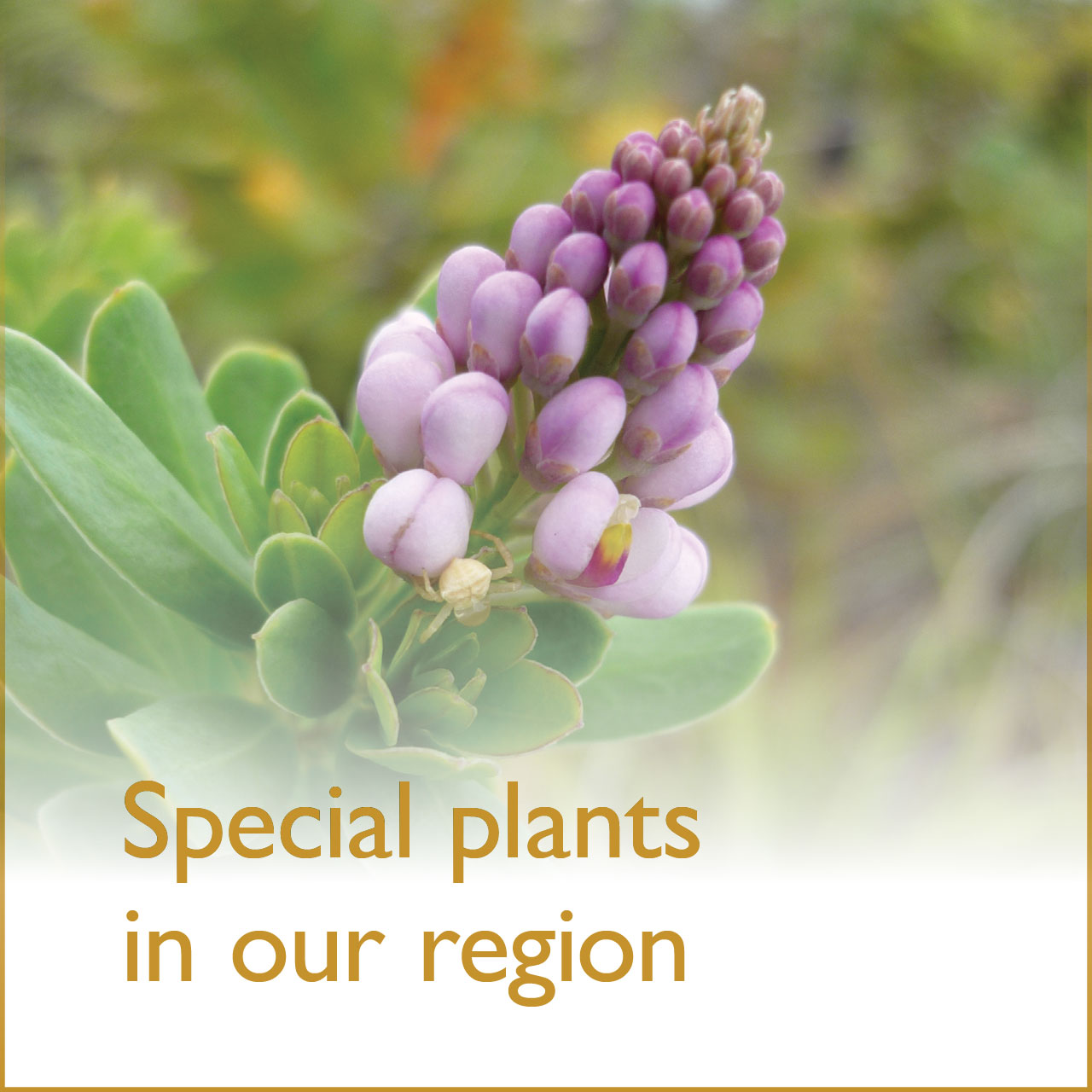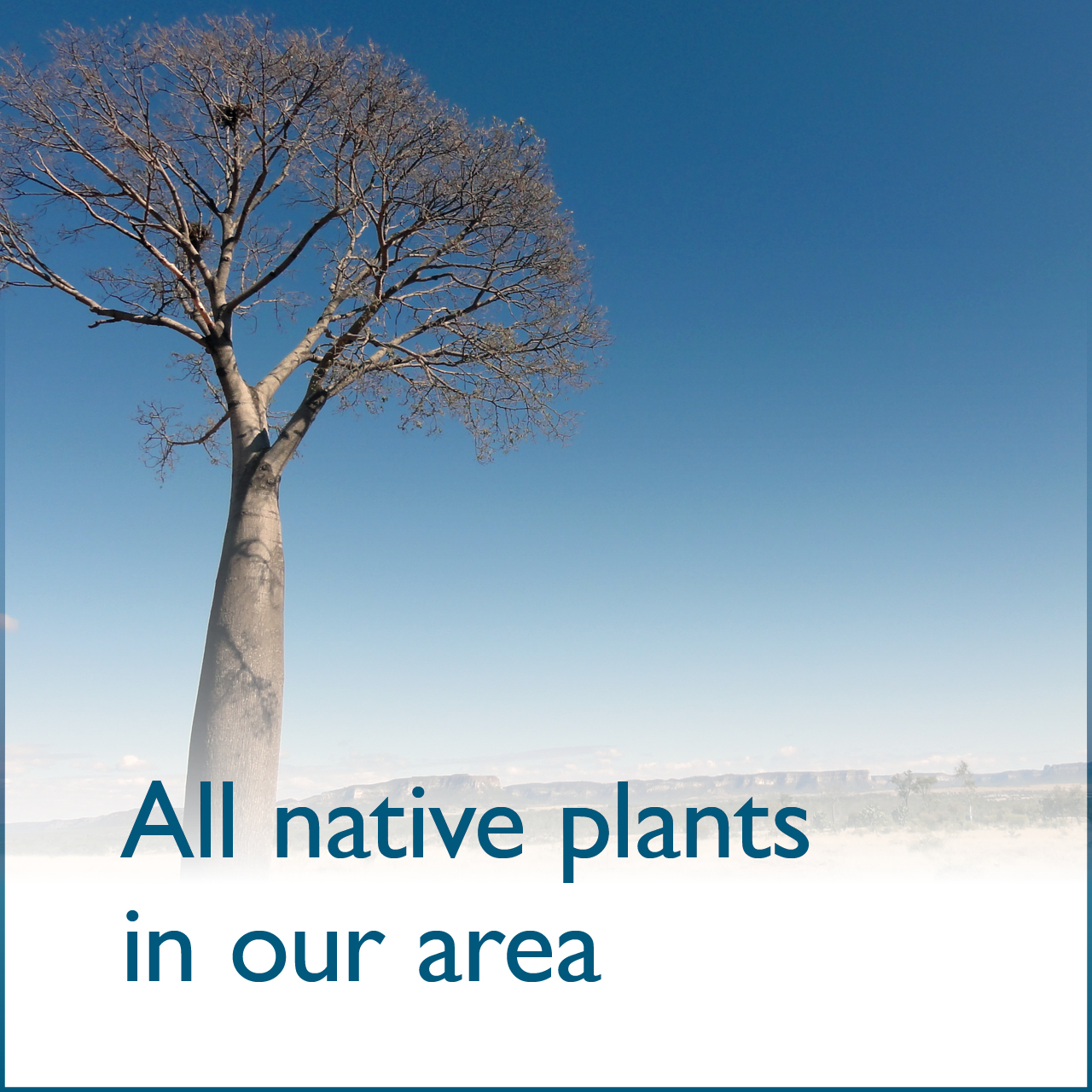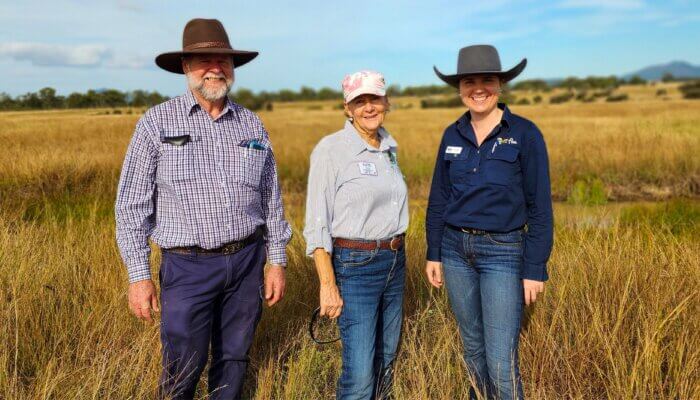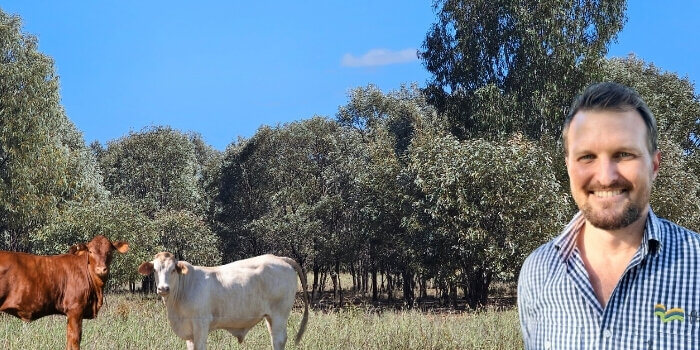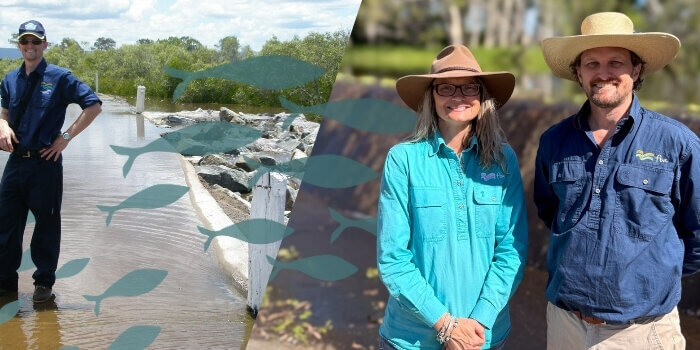Native plants
Without Queensland’s native plants and the regional ecosystems they help form, we’d all be in serious trouble.
Our region’s native plants are especially adapted to survive in our climate and soil types, support our native animals, keep our soils healthy and out of waterways, and help keep weeds down. Many of the animals responsible for pollinating our food and fibre crops rely on native plants for food during significant periods of the year.
Most of our region and Queensland has been cleared at some point, so it is important to look after what remains so we can continue to enjoy the lifestyle we have today. Based on historical records and remnant vegetation, the Australian Government has compiled maps of Queensland’s threatened ecological (plant) communities are most likely to occur, and 8 of the 14 fall within the Fitzroy Region.
FBA works with universities, government departments, local councils, volunteer groups and landholders to protect special plants and plant communities, as well as look after the broader landscape to keep our native vegetation healthy. We also teach people every day actions that help look after the local landscape and native plants that grow there.





